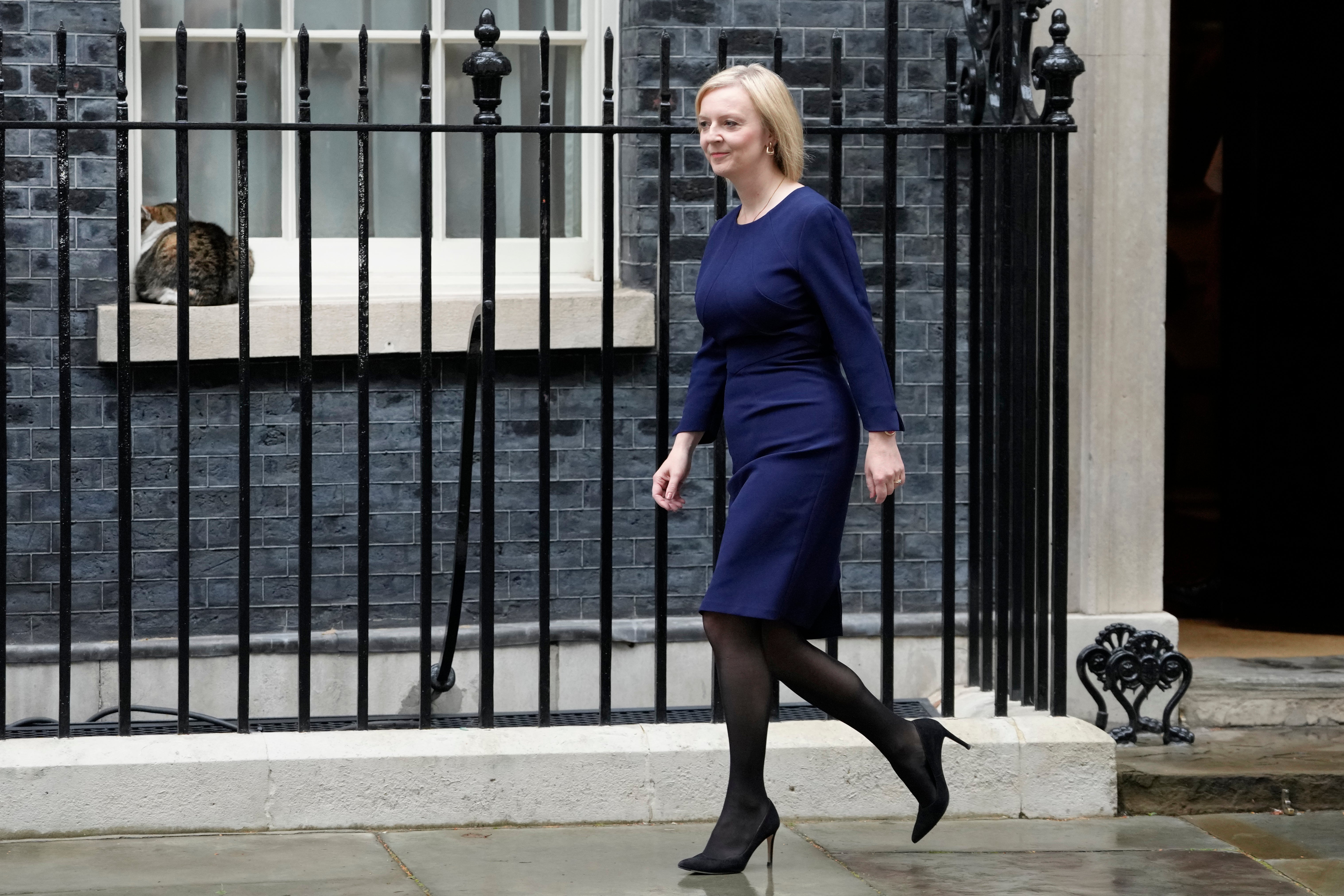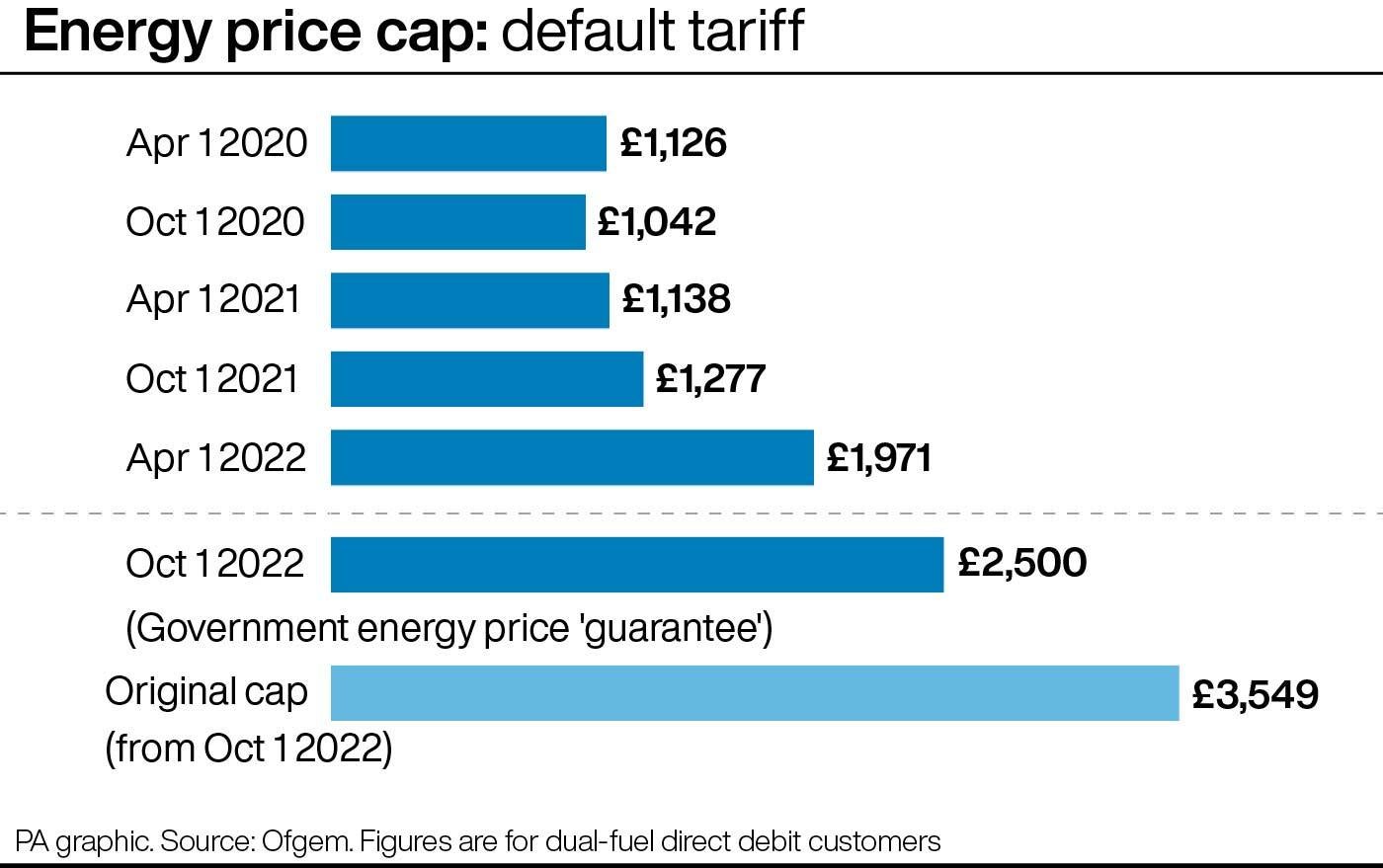Everything you need to know ahead of energy price cap rise on October 1
Households are being urged to submit meter readings ahead of October 1

Your support helps us to tell the story
From reproductive rights to climate change to Big Tech, The Independent is on the ground when the story is developing. Whether it's investigating the financials of Elon Musk's pro-Trump PAC or producing our latest documentary, 'The A Word', which shines a light on the American women fighting for reproductive rights, we know how important it is to parse out the facts from the messaging.
At such a critical moment in US history, we need reporters on the ground. Your donation allows us to keep sending journalists to speak to both sides of the story.
The Independent is trusted by Americans across the entire political spectrum. And unlike many other quality news outlets, we choose not to lock Americans out of our reporting and analysis with paywalls. We believe quality journalism should be available to everyone, paid for by those who can afford it.
Your support makes all the difference.From October 1, most households will see their energy bills rise as the government’s price cap comes into effect.
Prime Minister Liz Truss announced that the average gas and electric bills would be capped at £2,500 – depending on usage – for two years to help households deal with spiralling prices.
Energy providers have urged customers to take meter readings before the cap comes into force and warned that those who don’t could be overcharged.
Here’s everything you need to know ahead energy price cap rise.
What is the energy price cap?
The energy price cap, calculated by the regulator Ofgem, is a limit on the maximum amount energy supplies can charge you for each unit of energy you use if you live in England, Scotland and Wales.
It applies if you’re on a default energy tariff, regardless of how you pay your bills and is dependent on usage. That means some households may still pay above the £2,500 average cap if they use more gas and electricity.
When does the energy price cap change?
Before October 1, the cap was set at £1,971 and was then expected to rise to over £3,500, as predicted by Ofgem.
But, it will now stay at £2,500 until 2024 – when the next general election is set to take place – after an intervention by Prime Minister Liz Truss.

How can I save money on my energy bills?
Energy suppliers recommend that customers submit gas and electricity readings before October 1, so they can calculate usage correctly.
Frazer Scott, chief executive of Energy Action Scotland, said: “This week, every household across the UK must make sure it submits a meter reading to their energy firm to avoid paying a penny more than they absolutely have to when prices go up on 1 October.”
Most energy providers will allow customers a grace period to submit their pre-October readings, which will then be backdated.
All households are also entitled to a one-off £400 cut in their bills from October, which is deducted automatically. This means you do not need to contact your supplier and the payback will be spread over six months.
If you use a traditional payment meter, however, you will be entitled to a voucher for this deduction, which can be cashed in wherever you top up your gas and electricity.
People are also being urged to contact their suppliers if they can’t pay their bills.



Join our commenting forum
Join thought-provoking conversations, follow other Independent readers and see their replies
Comments